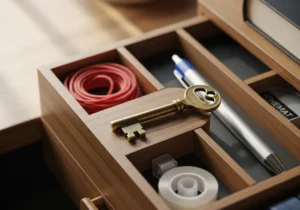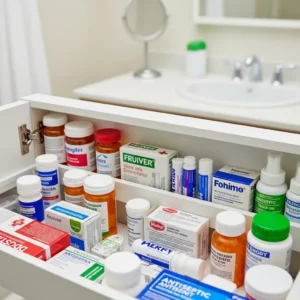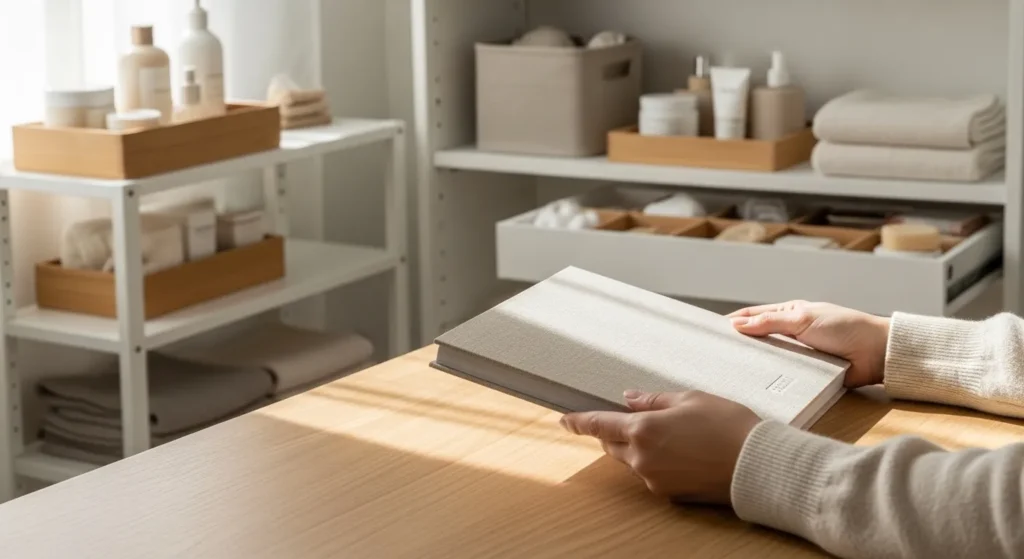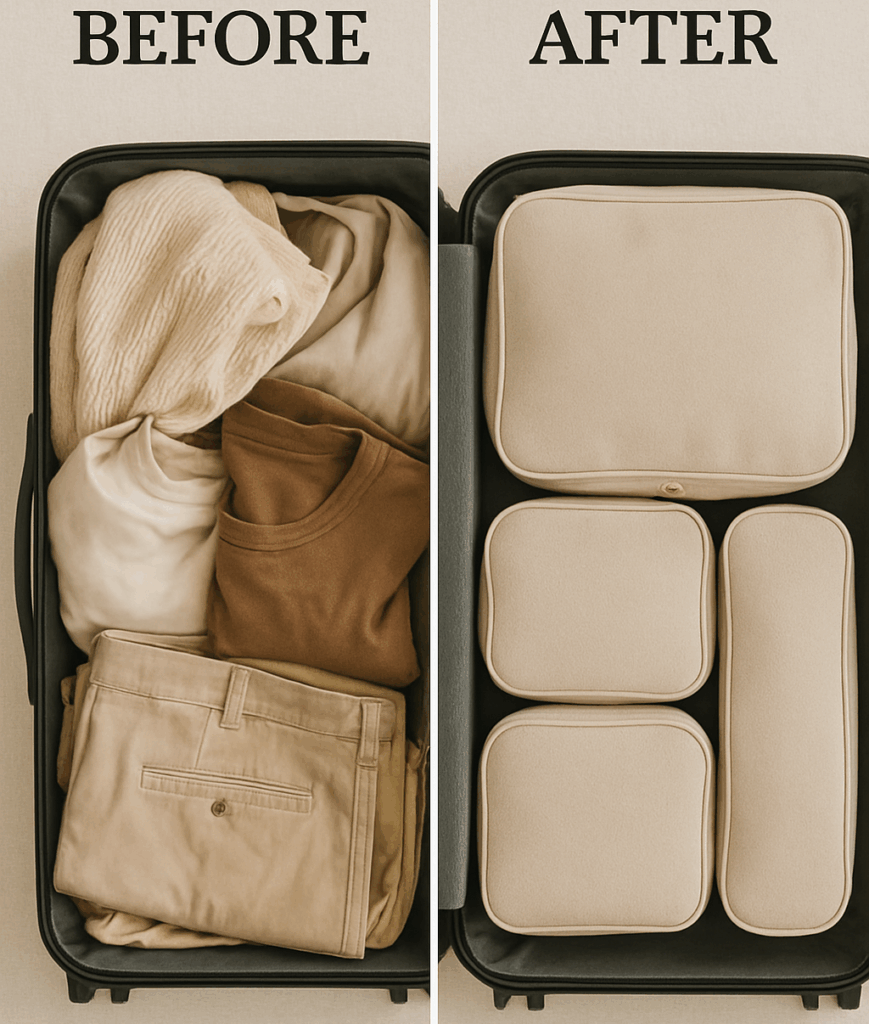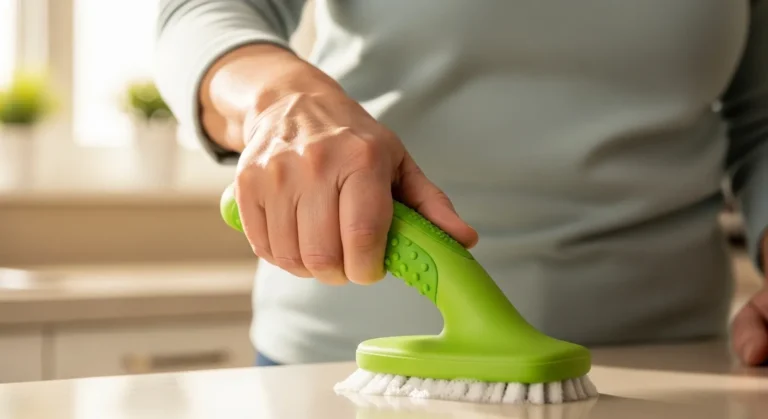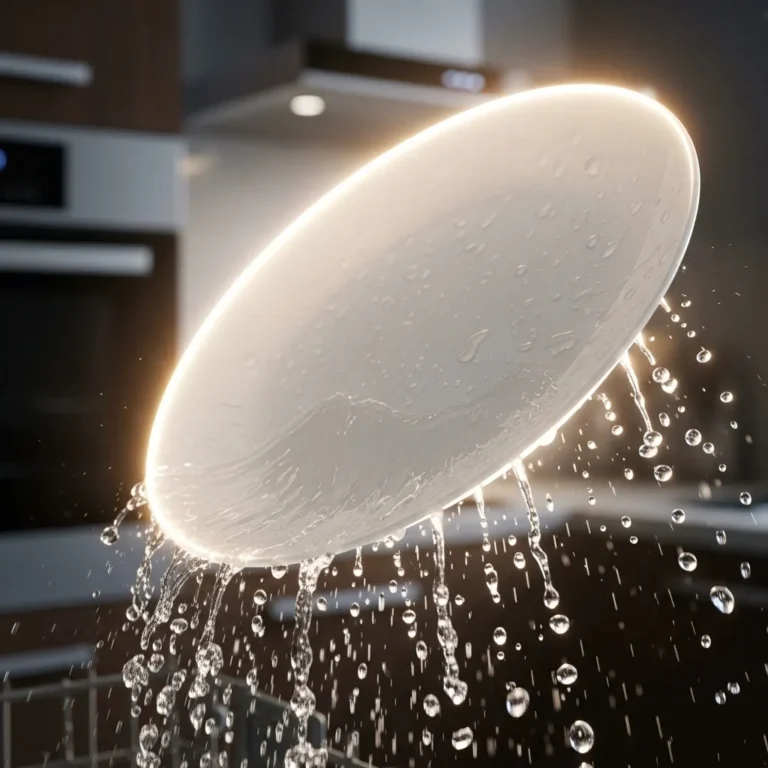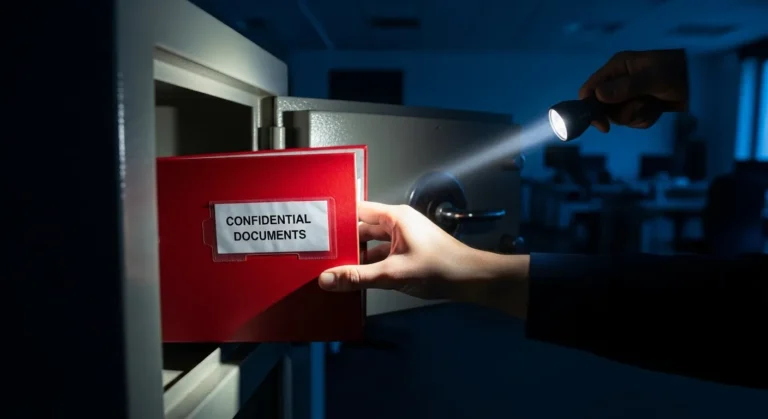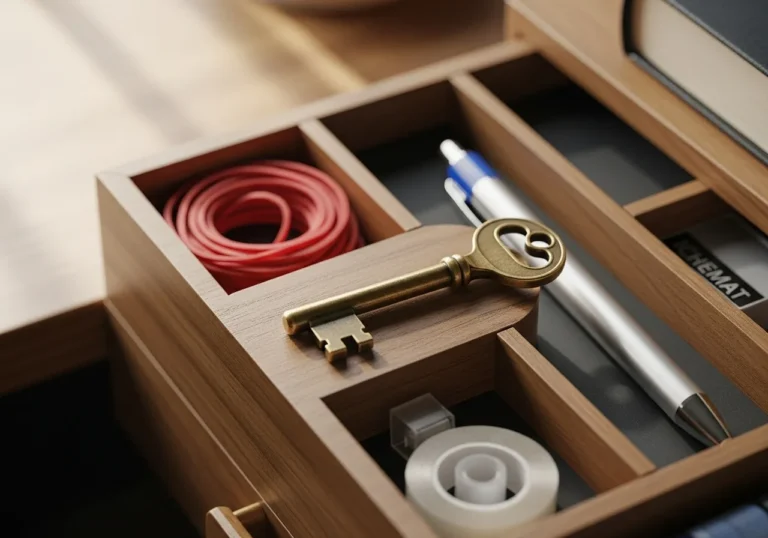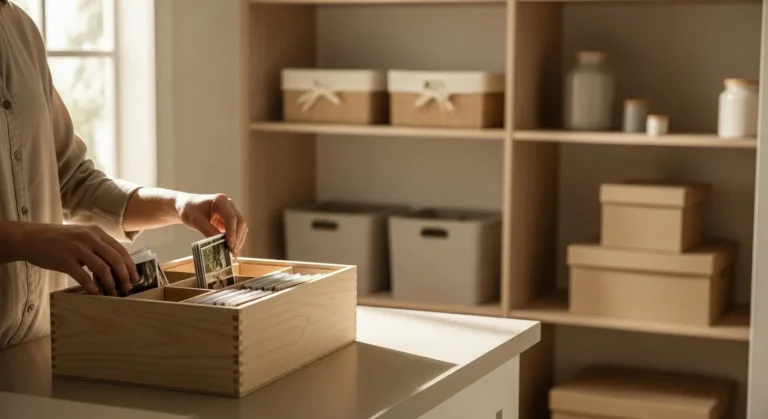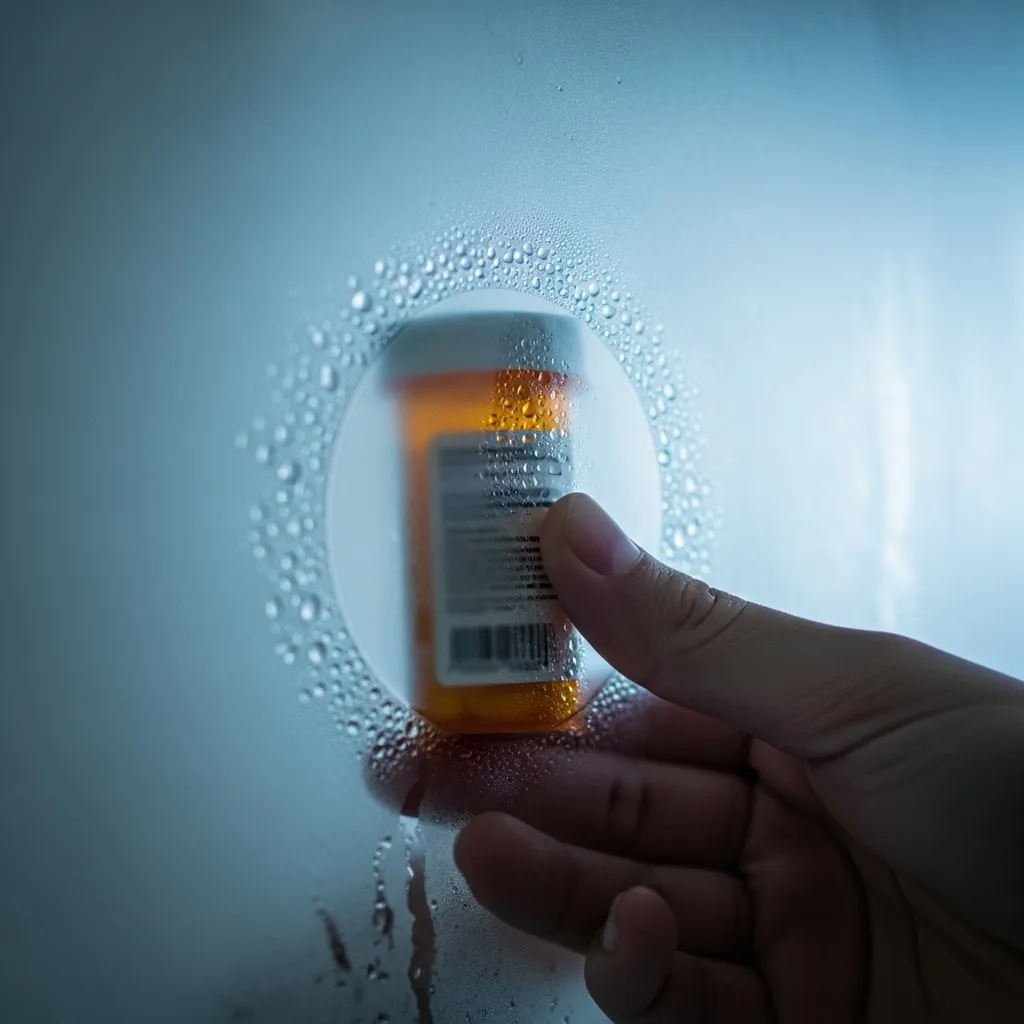
Frequently Asked Questions (FAQs)
It’s natural to have questions when setting up a new system. Here are answers to some of the most common queries about organizing a medicine cabinet for safety and efficiency.
Is it really that bad to store medicine in the bathroom?
For many medications, yes. The heat and humidity from showers and baths can degrade medications over time, making them less effective before their printed expiration date. While a few daily items in a tightly sealed bottle might be fine, the best practice for most prescriptions and even many over-the-counter drugs is to store them in a cool, dry, and dark place. A designated shelf in a linen closet or a kitchen cabinet—away from the stove, oven, and sink—is often a much safer choice. Always read the storage instructions on the medication label and talk to your pharmacist if you are unsure.
How do I know how to dispose of a specific medication?
The safest and most environmentally responsible method is to use a local drug take-back program. These programs are the best way to ensure medications don’t end up in the wrong hands or in our water supply. You can find an authorized collection site near you through the DEA’s website. If this is not an option, your next step should be to consult the FDA’s guidance. They provide instructions for safe household trash disposal and maintain a specific “flush list” for a small number of high-risk medications. When in doubt about any specific drug, your local pharmacist is your best resource.
What’s the single most important thing for senior safety with medications?
If we had to choose just one thing, it would be clarity. Clarity in every aspect of the medication process. This means:
Clear Labels: Using large-print, easy-to-read labels on shelves and bins.
Clear Containers: Keeping all medications in their original, clearly labeled pharmacy containers.
A Clear List: Maintaining an up-to-date, legible medication list that can be shared with family and doctors.
Clear Communication: Having regular, open conversations with doctors and pharmacists to review all medications, including over-the-counter drugs and supplements, to avoid dangerous interactions.
This focus on clarity helps to remove ambiguity and reduce the risk of error, which is the ultimate goal of medication safety.

